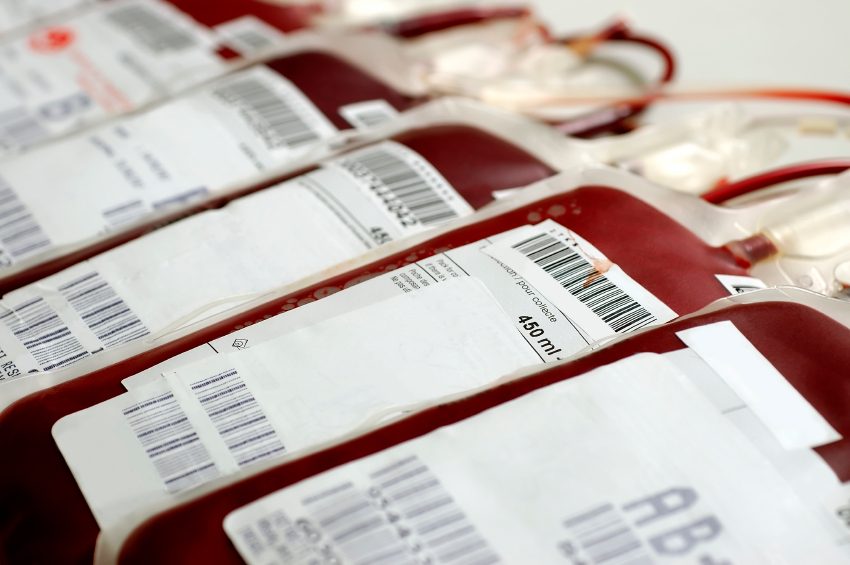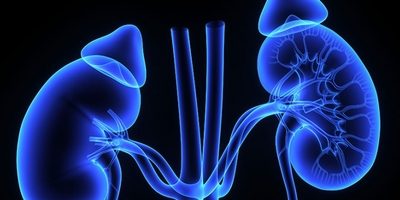
Prevention of Serious Adverse Events following angiography (PRESERVE)
Angiograms are a medical imaging technique to help doctors understand how blood flows to important organs like the heart or the brain. Millions of these procedures are done across the globe annually, with around 76,000 heart-related angiograms performed every year in Australia, such that it is one of the most common medical procedures in hospitals.
When a person has an angiogram, they have up to a 25% chance of experiencing an Acute Kidney Injury if they have a history of kidney disease, diabetes or heart failure. Acute kidney injury is associated with longer stays in hospital, requirement for dialysis, or even death. There are two common treatments used to prevent acute kidney injury from angiograms, intravenous bicarbonate and oral N-acetylcysteine. These treatments, having been studied and used for over 15 years, have been widely used but previous evidence on the effectiveness of these treatments has been confusing.
The PRESERVE Study investigated the effects of sodium bicarbonate and N-acetylcysteine in the prevention of acute kidney injury in patients undergoing angiography. This study was an international collaboration with the Department of Veteran Affairs in the United States. In March 2017, the study completed recruitment of over 5000 patients from the US, Australia, New Zealand and Malaysia, which is twice as large as any other study in its field. The primary results, published in the New England Journal of Medicine in November of 2017, found that neither were any better than using saline alone.
The PRESERVE study results will inform and shape worldwide clinical guidelines in the prevention of serious harm to patients undergoing angiograms. Further secondary analysis of this study dataset will continue in 2018.







